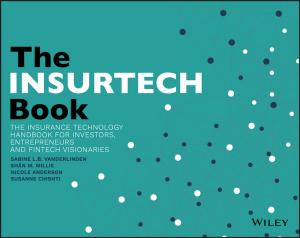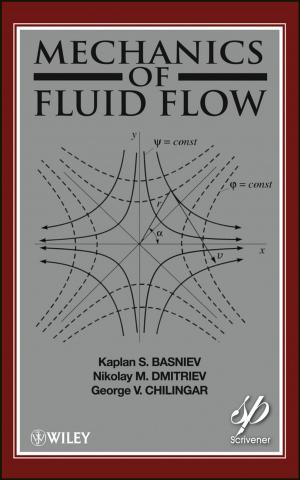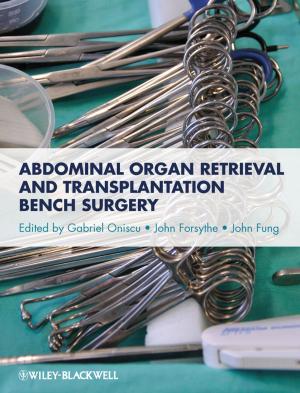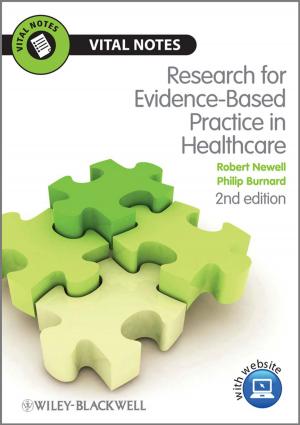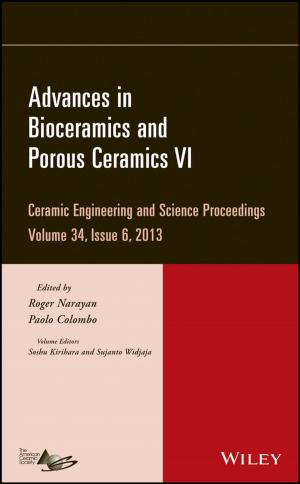Optimal Automated Process Fault Analysis
Nonfiction, Science & Nature, Technology, Industrial Health & Safety| Author: | Richard J. Fickelscherer, Daniel L. Chester | ISBN: | 9781118481967 |
| Publisher: | Wiley | Publication: | November 27, 2012 |
| Imprint: | Wiley-AIChE | Language: | English |
| Author: | Richard J. Fickelscherer, Daniel L. Chester |
| ISBN: | 9781118481967 |
| Publisher: | Wiley |
| Publication: | November 27, 2012 |
| Imprint: | Wiley-AIChE |
| Language: | English |
Tested and proven strategy to develop optimal automated process fault analyzers
Process fault analyzers monitor process operations in order to identify the underlying causes of operational problems. Several diagnostic strategies exist for automating process fault analysis; however, automated fault analysis is still not widely used within the processing industries due to problems of cost and performance as well as the difficulty of modeling process behavior at needed levels of detail.
In response, this book presents the method of minimal evidence (MOME), a model-based diagnostic strategy that facilitates the development and implementation of optimal automated process fault analyzers. MOME was created at the University of Delaware by the researchers who developed the FALCON system, a real-time, online process fault analyzer. The authors demonstrate how MOME is used to diagnose single and multiple fault situations, determine the strategic placement of process sensors, and distribute fault analyzers within large processing systems.
Optimal Automated Process Fault Analysis begins by exploring the need to automate process fault analysis. Next, the book examines:
- Logic of model-based reasoning as used in MOME
- MOME logic for performing single and multiple fault diagnoses
- Fuzzy logic algorithms for automating MOME
- Distributing process fault analyzers throughout large processing systems
- Virtual SPC analysis and its use in FALCONEER IV
- Process state transition logic and its use in FALCONEER IV
The book concludes with a summary of the lessons learned by employing FALCONEER IV in actual process applications, including the benefits of "intelligent supervision" of process operations.
With this book as their guide, readers have a powerful new tool for ensuring the safety and reliability of any chemical processing system.
Tested and proven strategy to develop optimal automated process fault analyzers
Process fault analyzers monitor process operations in order to identify the underlying causes of operational problems. Several diagnostic strategies exist for automating process fault analysis; however, automated fault analysis is still not widely used within the processing industries due to problems of cost and performance as well as the difficulty of modeling process behavior at needed levels of detail.
In response, this book presents the method of minimal evidence (MOME), a model-based diagnostic strategy that facilitates the development and implementation of optimal automated process fault analyzers. MOME was created at the University of Delaware by the researchers who developed the FALCON system, a real-time, online process fault analyzer. The authors demonstrate how MOME is used to diagnose single and multiple fault situations, determine the strategic placement of process sensors, and distribute fault analyzers within large processing systems.
Optimal Automated Process Fault Analysis begins by exploring the need to automate process fault analysis. Next, the book examines:
- Logic of model-based reasoning as used in MOME
- MOME logic for performing single and multiple fault diagnoses
- Fuzzy logic algorithms for automating MOME
- Distributing process fault analyzers throughout large processing systems
- Virtual SPC analysis and its use in FALCONEER IV
- Process state transition logic and its use in FALCONEER IV
The book concludes with a summary of the lessons learned by employing FALCONEER IV in actual process applications, including the benefits of "intelligent supervision" of process operations.
With this book as their guide, readers have a powerful new tool for ensuring the safety and reliability of any chemical processing system.







